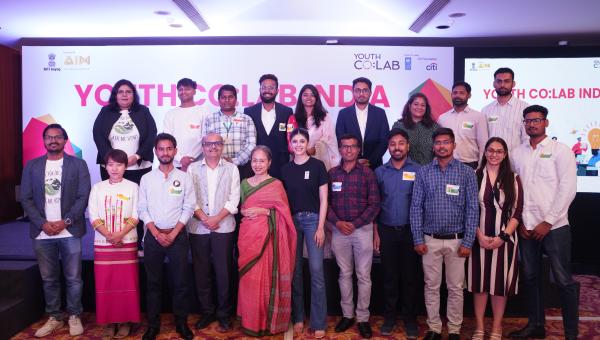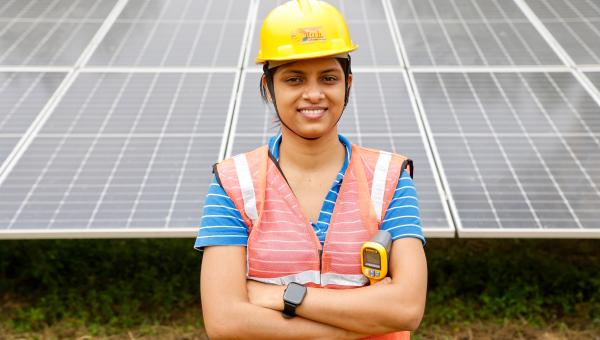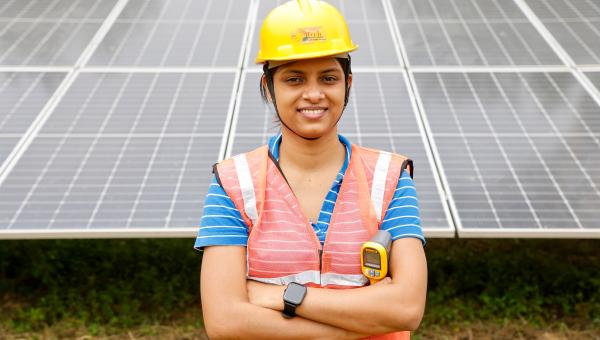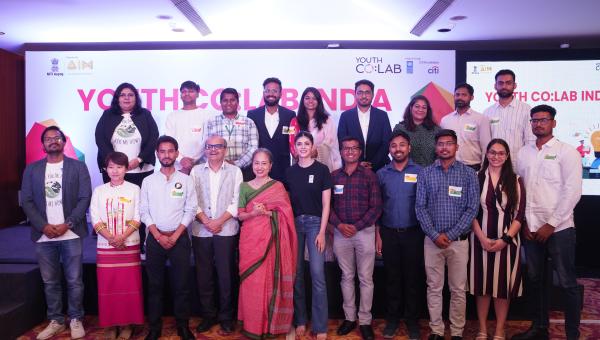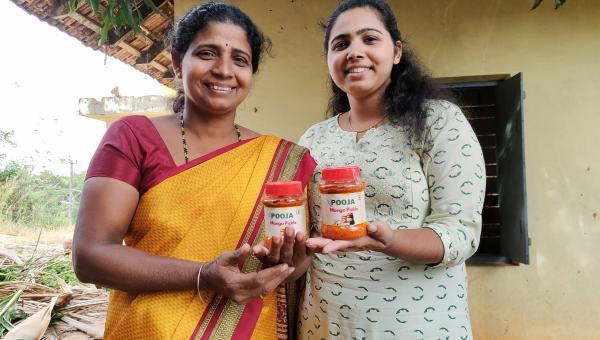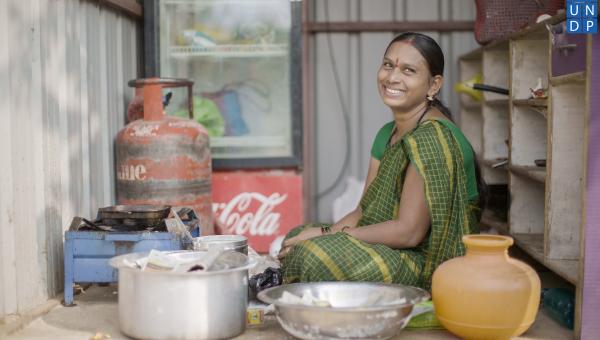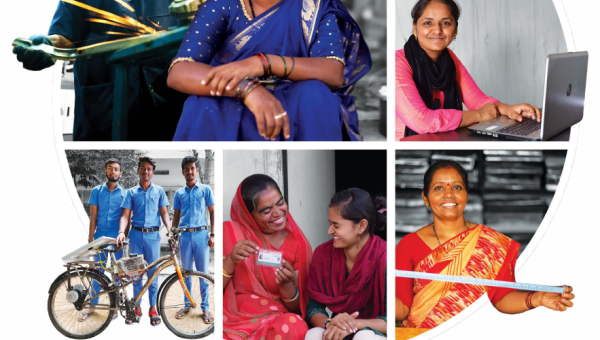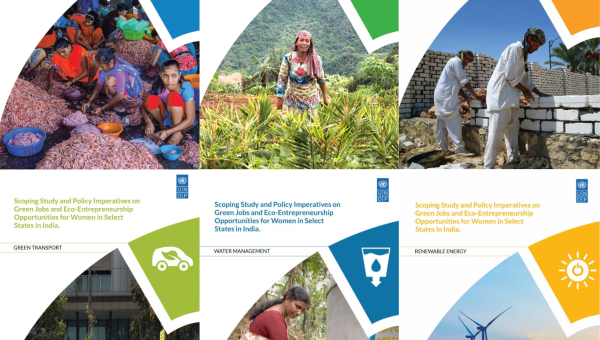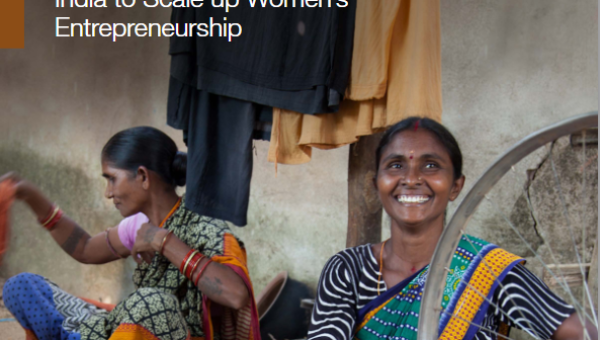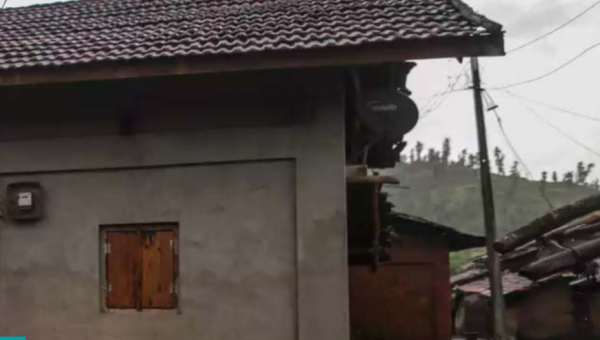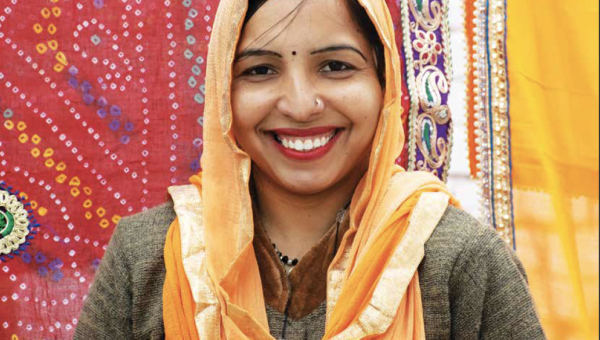UNDP’s Sustainable and Inclusive Growth (SIG) Unit works closely with government, civil society and private sector partners in bolstering the economic empowerment of vulnerable groups. Specifically focusing on youth, women, tribal communities, small-scale farmers and marginalized groups, the unit nurtures skills, entrepreneurial acumen, livelihoods and access to social protection.
The SIG unit undertakes a spectrum of initiatives such as imparting career guidance, counselling and employability skills, mobilizing apprenticeships and job opportunities, and engaging industrial clusters to bridge the gap between skill demand and supply. Efforts include fostering micro-enterprises, enhancing value chains (agricultural and non-agricultural), boosting rural women's managerial capacities, catalyzing youth innovation, and raising awareness about government social protection.
The portfolio also includes interventions which promote responsible business practices in India. Green livelihoods, digital inclusion and leaving no one behind remain at the core of these interventions.
The Unit collaborates with the Ministry of Agriculture on the Pradhan Mantri Fasal Bima Yojana (PMFBY), enhancing crop insurance and credit inclusivity for farmers. This involves strengthening capacity across all levels of implementation.
The SIG unit’s achievements have a strong gender focus:
- SIG’s interventions have directly impacted 4,30,000+ individuals (62% women)
- Over 45,000 youth (18 – 35 years, 49% women) provided with career guidance, 21st century skills, and linked with local employment opportunities
- 52,000+ enterprises (48% women-owned) set-up or scaled up through tailored training on entrepreneurial skills, and facilitation of digital, financial and market linkages
- Nearly 170,000 individuals (40% women) supported to access social protection schemes
- Over 70,000 persons trained for better access on crop insurance schemes and land ownership rights.
- In 2022-23, coverage of crop insurance increased by 17%, reaching out to 31.7 million farmers.

 Locations
Locations
